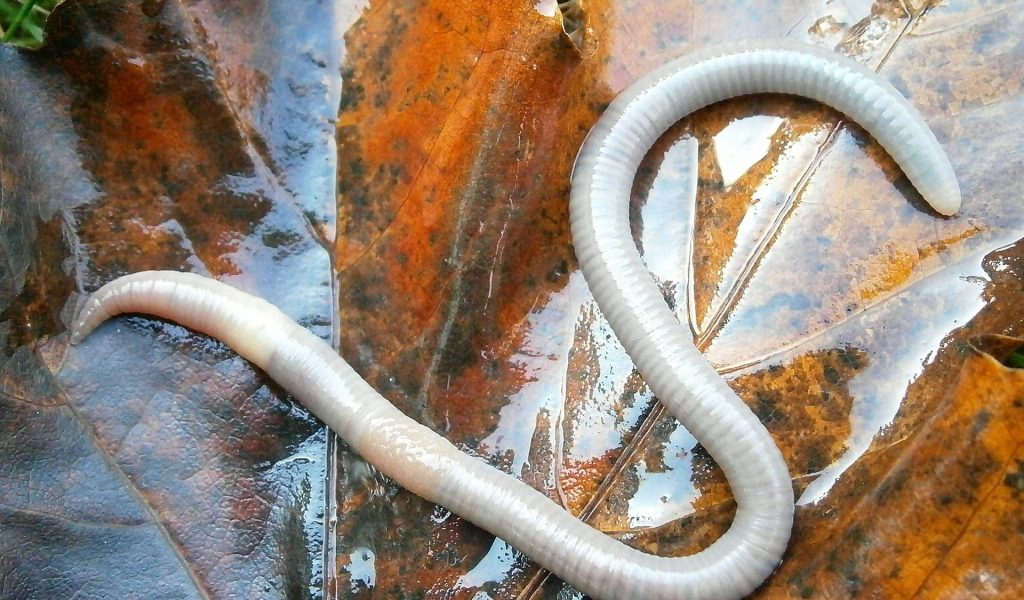How worm saliva could change the course of history

Madi Wharmby discusses a recent study that found that worm saliva has the ability to rapidly break down plastic.
Whether you’ve adopted a totally plastic-free-lifestyle, become a VSCO girl or you just can’t stand the sight of another paper straw, all of us know that plastic pollution is one of the biggest environmental problems facing our world today. But what you probably didn’t know is that a recent breakthrough in natural science research might have just found the answer to that problem.
Spanish researchers have discovered that enzymes found in a wax worm’s saliva can speed up the rate at which polyethylene, one of the strongest plastics ever invented, breaks down—taking it from decades (or even centuries!) to a number of hours.
Wax worm’s saliva can speed up the rate at which polyethylene breaks down – taking it from decades to a number of hours
Wax worms, the larvae of the wax moth, feed off the wax that bees use in making honeycomb. The saliva which breaks down the wax can also degrade plastic much more quickly than the time it naturally takes. Degradation of plastic requires oxidation, a process in which oxygen enters its molecules (also known as polymers). It is a process which usually takes many years; but two enzymes in the saliva can cause oxidation to occur in just hours.
Polyethylene is a highly durable plastic, some forms of which can even exceed steel in strength. It is commonly used to make plastic bags, water bottles, food packaging and toys. However, polyethylene is responsible for a large chunk of plastic pollution, and the issue isn’t going away any time soon. It takes a shocking 200 years for one plastic straw to decompose. Only nine per cent of plastic ever made has been recycled. Every day 8 million pieces of plastic enter the ocean, and scientists have even found microplastics buried deep in Arctic ice. Polyethylene is clearly a huge problem for the natural world.
It takes a shocking 200 years for one plastic straw to decompose
However, this discovery by the Spanish National Research Council (CSIC) could change the way in which we deal with plastics forever and provide a long-awaited solution to this complex problem. What’s more, the leader of the study, molecular biologist Federica Bertocchini, has said that they have been able to synthetically produce the enzymes required for degradation, avoiding the mass amounts of carbon dioxide that wax worms produce in metabolising polyethene.
Overall, from the information that we know so far, it seems to be a win for science, and a loss for plastic. Here’s to the hope that it’s a lasting one.


